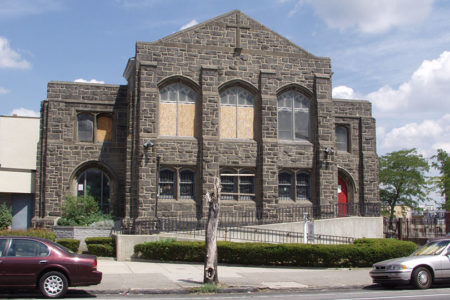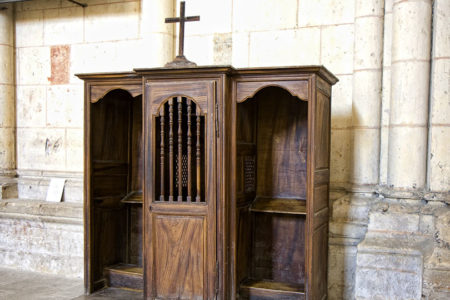Eye on the Middle East Nov/Dec 2002
Reading the news reports that flood the airways and Internet these days, one often tends to conclude that searching for good news is a vain pursuit. That certainly applies to what is taking place in Israel. As a matter of fact, news agencies do not have much interest in reporting about human decency. As a journalist friend opines, “If it bleeds, it leads.” But seekers of a brighter slice of humanity can take heart. Here’s a “good news” story that should make us glad.
Four years ago, a 12-year-old Palestinian girl in Jenin lost her sight. You will remember that Jenin has long been a hotbed of anti-Israeli terrorist plots and suicide missions. And when Israel decided to go into Jenin and clean out the bomb factories, weapons stashes, and terrorists who operated them, bogus charges were leveled that there had been an Israeli massacre of innocent Palestinian civilians there.
Over the years, the blind little girl underwent a number of operations to restore her vision, all of which failed. When her condition came to the attention of eye surgeons in Israel, she was taken to the Western Galilee Hospital in Nahariya. Surgeons there performed a cornea transplant. When the bandages were removed, an overjoyed 16-year-old Palestinian girl could see for the first time in four years.
Interestingly, the donor was an Israeli man who had lost his life in an accident the day before her surgery was performed. The deputy director of the hospital, Dr. Moshe Daniel, said the operation was conducted on humanitarian grounds. Furthermore, the surgery was financed almost entirely by the hospital.
Today the Palestinian girl is seeing the world through the eyes of an Israeli. Too bad some of our news people don’t see such “good news” events as clearly as the young lady now sees.
Depriving people of these inspiring stories and some less dramatic from the work-a-day world contributes to the perception that only hatred and animosity exist between all Israelis and Palestinians. Every day at The Hebrew University alone, 4,500 Arab Israelis and Jewish students attend classes, converse, and live together in peace. When there are no closures because of terrorist acts, thousands of Israelis and Palestinians work side-by-side. In hotels, restaurants, and other businesses, the same conditions apply.
Many Christian pilgrims to Israel may not realize that a large number of the friendly employees in the hotels are Palestinian Arabs. It is also a fact that there have been times when the perpetrators of terrorist attacks have been treated for their injuries in the same Israeli hospitals where their victims were recovering. And there have also been times when Palestinians have rushed to the aid of wounded or hurting Israelis.
With a new phase developing in what may well be the late stages of the Al-Aqsa Intifada, the media would do well to rethink its “if it bleeds, it leads” style of journalism. Sincere people want to hear the whole truth about what is happening in Israel and the Middle East. It is a great disservice to deprive the international community of balanced reporting and, in the process, create a false or imperfect understanding of the situation.
Many Palestinians are as weary of the bloodshed and deprivation as are the Israelis, and that fact should be communicated to those who want to help.







